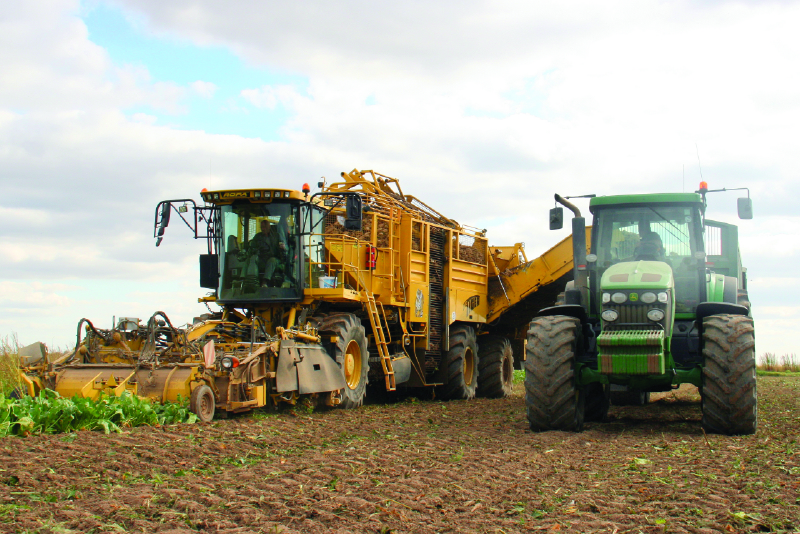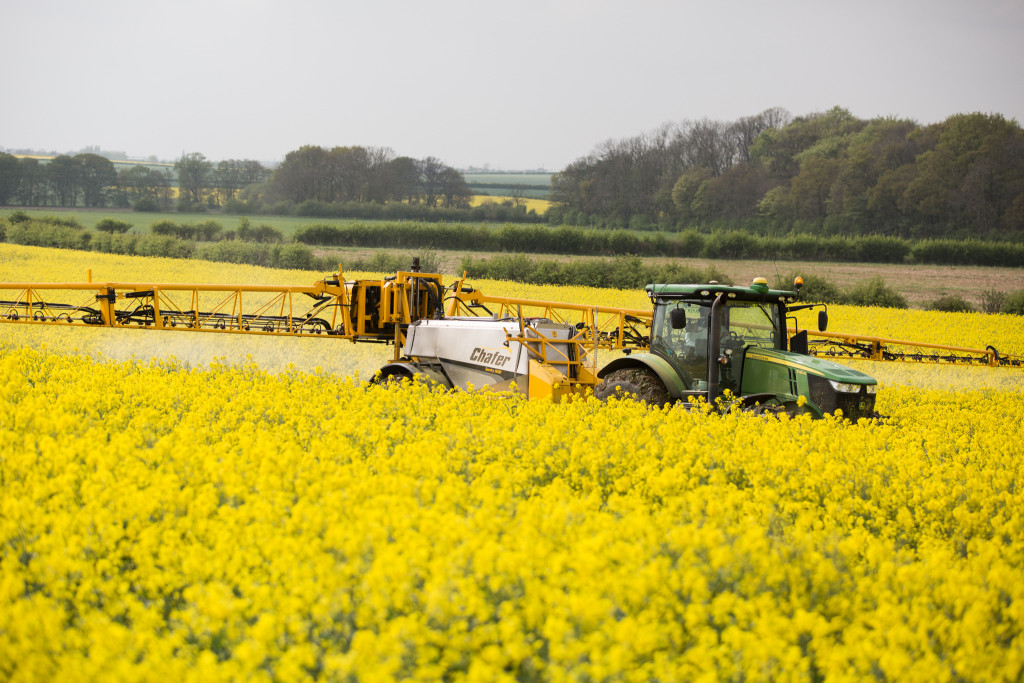Defra has granted an emergency authorization of Sygenta’s Cruiser SB seed treatment on sugar beet crops, in England, for the control of Yellow Virus (YV).
The emergency authorisation is dependent on nine conditions. The conditions is the need for YV prevalence level, as predicted by the Rothamstead Research model, to be greater than 19% of area on 1st March 2022. This is a much higher threshold than the 7% requested by the NFU in their application for authorisation.
Additionally,
- Where Cruiser SB is used, the application rate should be a maximum of 75ml per 100,000 seeds. The label recommended volume is 100ml per 100,000 seeds.
- Seed rates should not exceed 115,000 seeds per hectare, this is above the commercial rate.
- As with last year’s criteria for emergency authorisation, no flowering crop can be planted in the same field within 32 months.
- No further use of thiamethoxam can be used in the same field for 46 months.
- An industry-recommended herbicide programme must be followed to limit flowering weeds in and around the sugar beet crop.
- Treated seed must be fully incorporated in the soil and at the end of rows.
- Treated seed should not be left on the soil surface with any spillages needing to be buried.
- The authorisation can be withdrawn or amended at any time.
Defra granted an emergency authorisation last season. However, due to low YV prevalence in March, neonicotinoid-based seed treatment was not used. In 2018, 25% of the national sugar beet crop was lost to YV. The estimated cost of losses to processors and growers in 2018 was £67 million.

